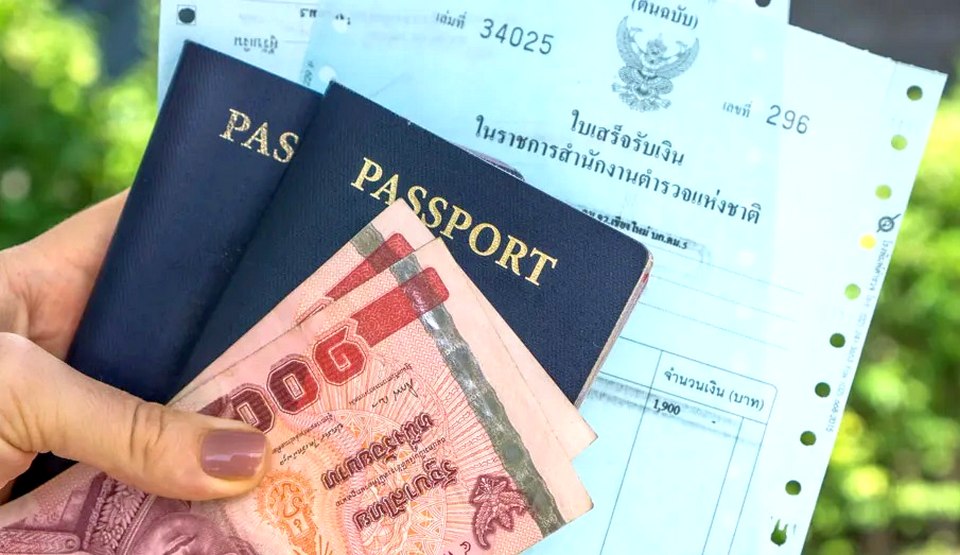
There are numerous reports, from Pattaya and Phuket in particular, of foreigners being refused a visa extension on medical grounds unless they have copious proof of being a hospital inpatient as opposed to a casual outpatient. The crackdown appears to relate to a working party set up by immigration police commander Lt Gn Pakpoompipat Sajjapan last November to close loopholes which had facilitated fraudulent visa extension applications based on voluntary work for foundations, being an adult language student or claiming to be ill.
Police regulations do allow for visa extensions based on “inability to travel” to be issued on a discretionary basis. In the past, outpatients who collected a letter from a hospital doctor or consultant specifying the medical issue, outlining the treatment and giving clear time lines were often successful in receiving an extra 30 days, a repeatable procedure. In theory, a 90 days extension was possible though rarely granted. But medical visa extensions were – and are – only possible after other legitimate options have been exhausted.
British visitor Lawrence Dudley, who has obstructive emphysema, says he was refused a medical extension even though he carried a letter from a private sector hospital supporting his claim to be too ill to travel. He was told to take a same-day minibus trip to the Cambodian border to receive a 45 days visa exempt stamp. According to reports on Facebook, this policy of “inpatients only” is now common in many immigration offices. Mr Dudley said he had approached the hospital to see how much inpatient care would cost and was told about 27,000 baht (about 650 pounds) a night. He explained he had travel insurance but it did not cover pre-existing health issues.
A Thailand-based BUPA spokesman said he believed the key problem was abuse of medical extensions by Russians who had paid cash to obtain illness certificates even though they were healthy. Russians entering Thailand without a prior visa receive 45 days visa exempt on arrival, but must then leave the country by land or air without any extension. Nationals of most other visa exempt countries (UK, EU, US for example) can obtain a 30 days extension after the 45 at local immigration. This would explain, if true, why visa-less Russians were seeking extra time by deception and why the immigration bureau decided to crackdown on all nationalities.
The advice to all patients seeking a current medical extension is to ensure they have a collection of dated photos showing their hospital care as well as detailed doctors’ reports and proof of payment of bills. If they are hospital-confined, the application can be made at immigration by a third party. The immigration police hotline confirmed that these extensions are handled on a case by case basis and recommended applicants produce as much evidence as possible and not just a single letter of recommendation from one doctor. The hotline also pointed out that foreign women who are pregnant at 7 months or more are eligible for a medical extension. But, once again, prove it.





